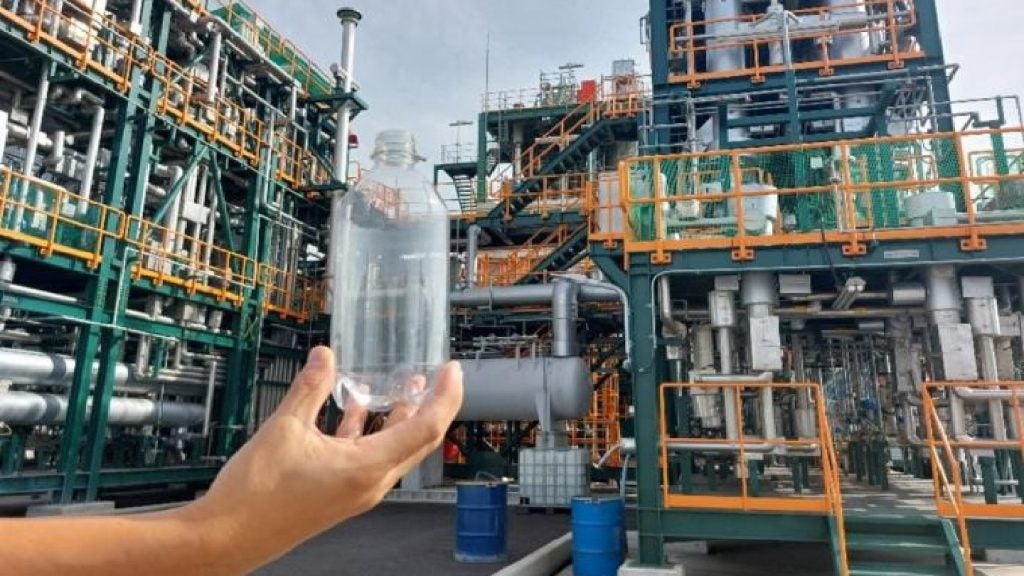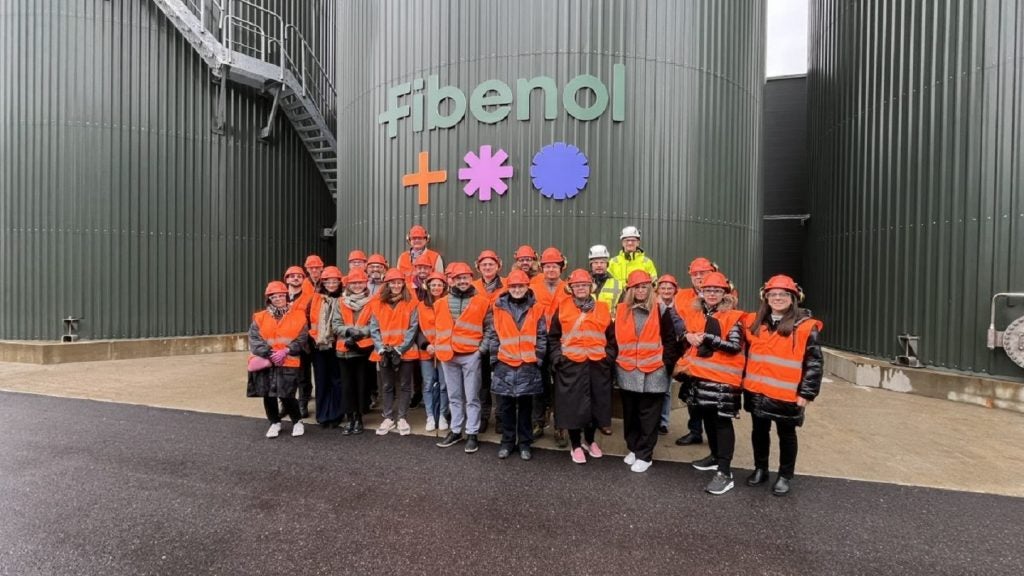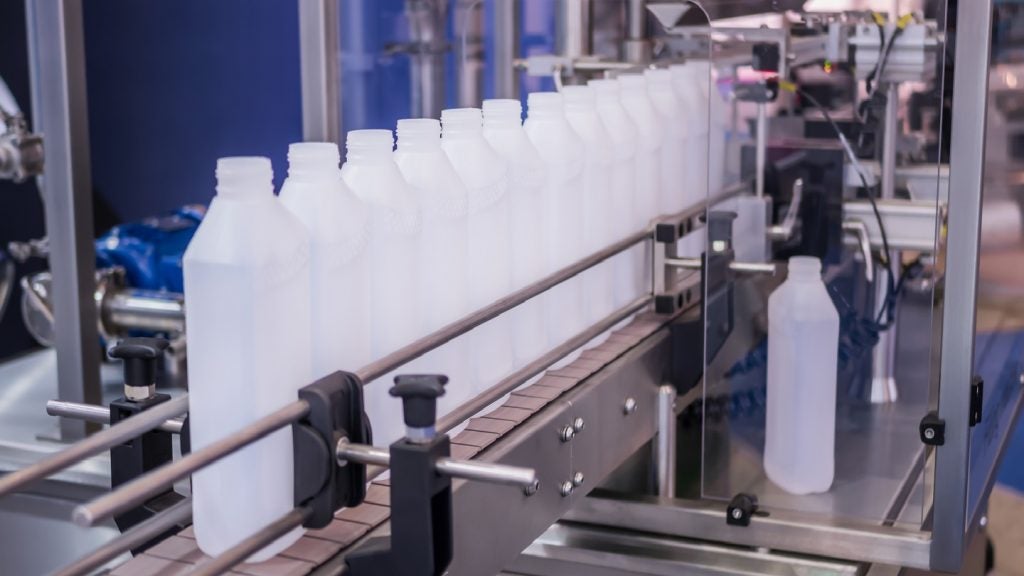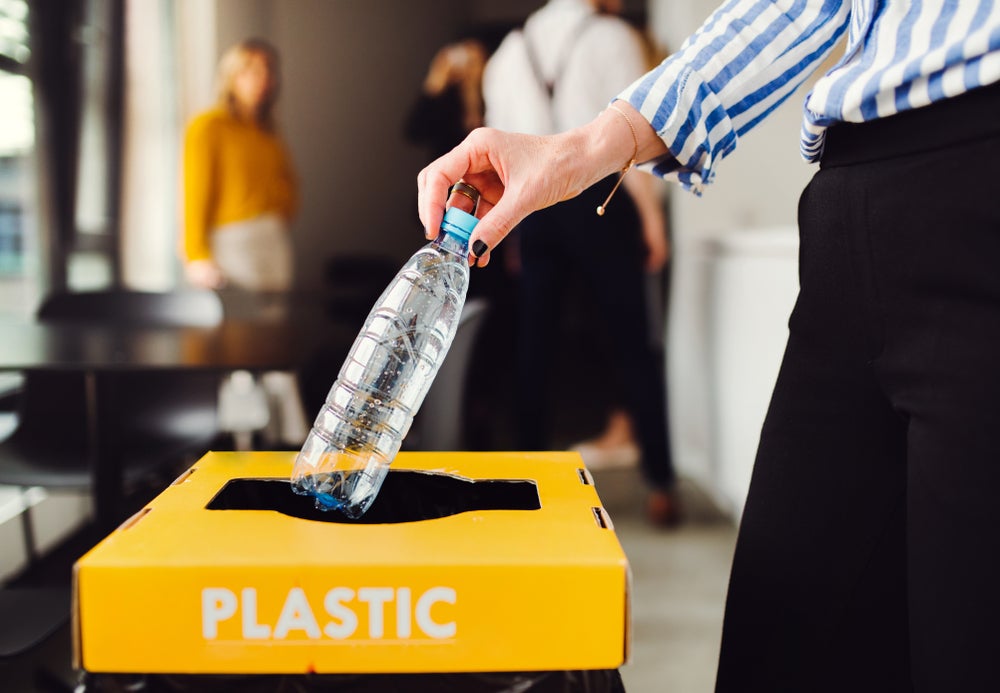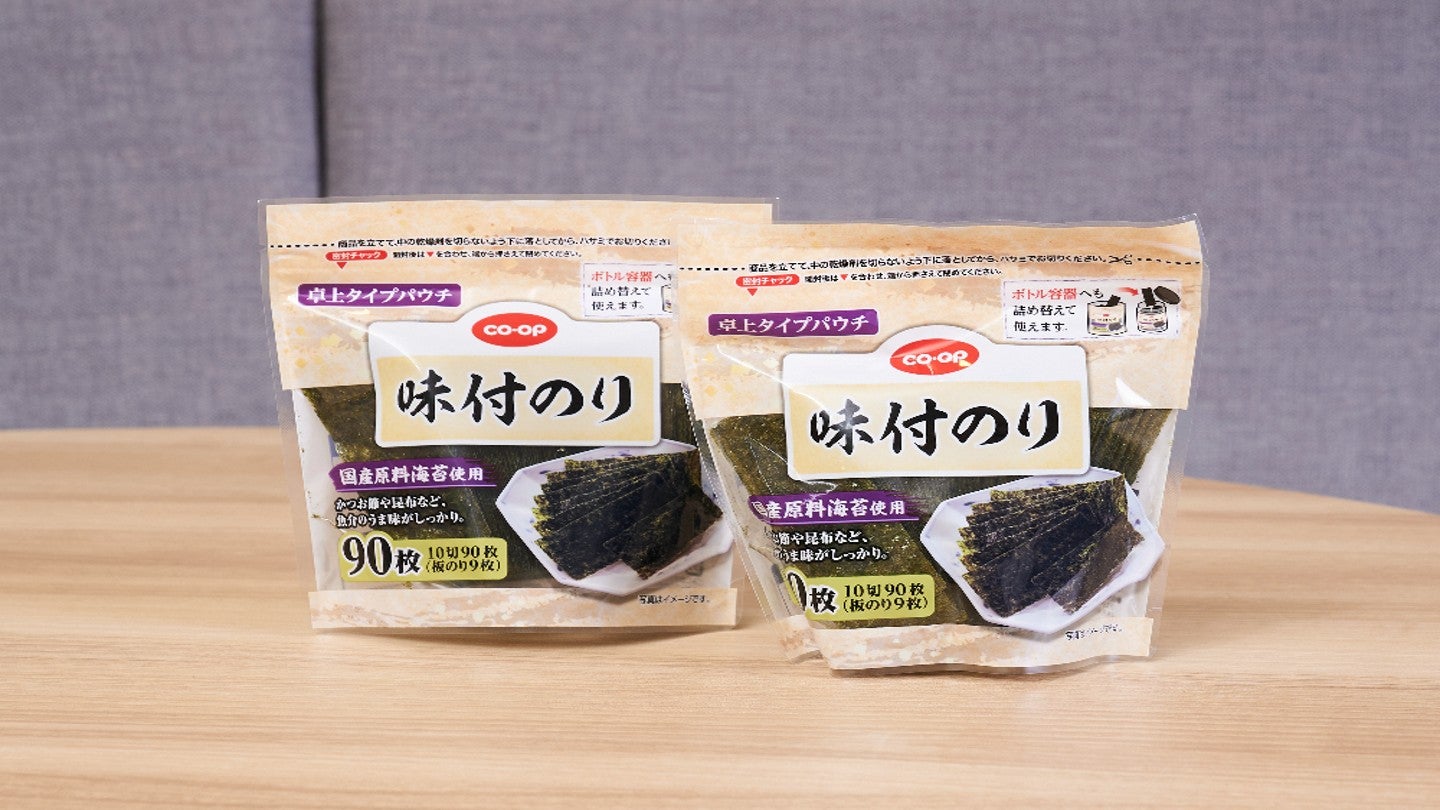
Neste has announced collaborating with Mitsui Chemicals Group and its subsidiary Prime Polymer to offer more sustainable food packaging solutions for Japanese brand CO-OP’s products.
CO-OP is a brand of the Japanese Consumers Co-operative Union (JCCU).
Under the initial phase of this partnership, Neste and Mitsui will provide a new packaging material for a seaweed snack sold by CO-OP.
This packaging will be made using biobased raw materials that will serve as a more sustainable alternative to replace fossil-based raw materials.
Neste specialises in the production of renewable Neste RE, which is a feedstock for polymers made completely from biobased raw materials.
The latest collaboration will allow Neste to work with Mitsui and Prime to process this feedstock and convert it into renewable polypropylene, with the brand name ‘Prasus’, which can be used for making food packaging for CO-OP.
How well do you really know your competitors?
Access the most comprehensive Company Profiles on the market, powered by GlobalData. Save hours of research. Gain competitive edge.

Thank you!
Your download email will arrive shortly
Not ready to buy yet? Download a free sample
We are confident about the unique quality of our Company Profiles. However, we want you to make the most beneficial decision for your business, so we offer a free sample that you can download by submitting the below form
By GlobalDataAccording to Neste, this biobased packaging has the same quality and performance as that of traditional fossil feedstock packaging.
The carbon footprint of the biobased solution is also less, mainly due to the replacement of fossil materials during the production process.
Neste stated that it has applied a mass balance approach to allocate renewable material to plastic packaging.
CO-OP’s seaweed snack is said to be the first product to have packaging made with renewable plastics via mass balancing that has also been certified by the Japanese Eco Mark, Neste said.
Neste Sustainable Partnerships Asia Pacific head Lilyana Budyanto said: “Change begins with small things. In this case, it’s slices of dried seaweed.
“However, the impact of renewable plastics packaging isn’t small at all. It’s a crucial contributor to the sustainability transformation of the plastics industry and reducing emissions along the value chain. We are looking forward to the cooperation with Mitsui Chemicals, Prime Polymer and JCCU evolving.”
Upon the launch of this biobased packaging for CO-OP’s seaweed snack, the companies plan to also roll out the solution for other products.
Neste has also partnered with Suntory, ENEOS, and Mitsubishi to produce polyethylene terephthalate bottles using biobased materials.



